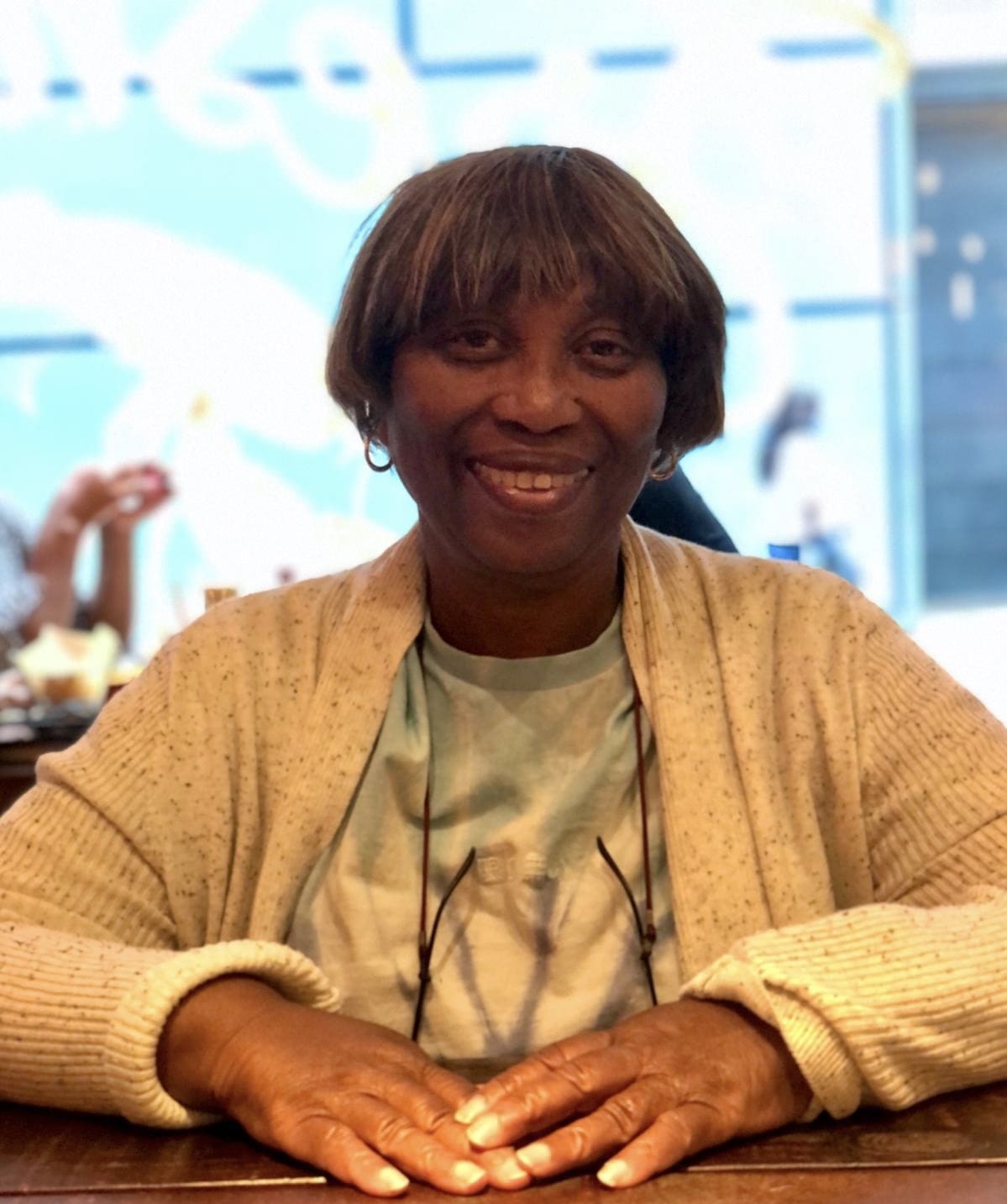Meet the cohort of London-based entrepreneurs on The Circular Start Up, driven to create businesses with circular solutions.
Meet the cohort of London-based entrepreneurs on The Circular Start Up, driven to create businesses with circular solutions.
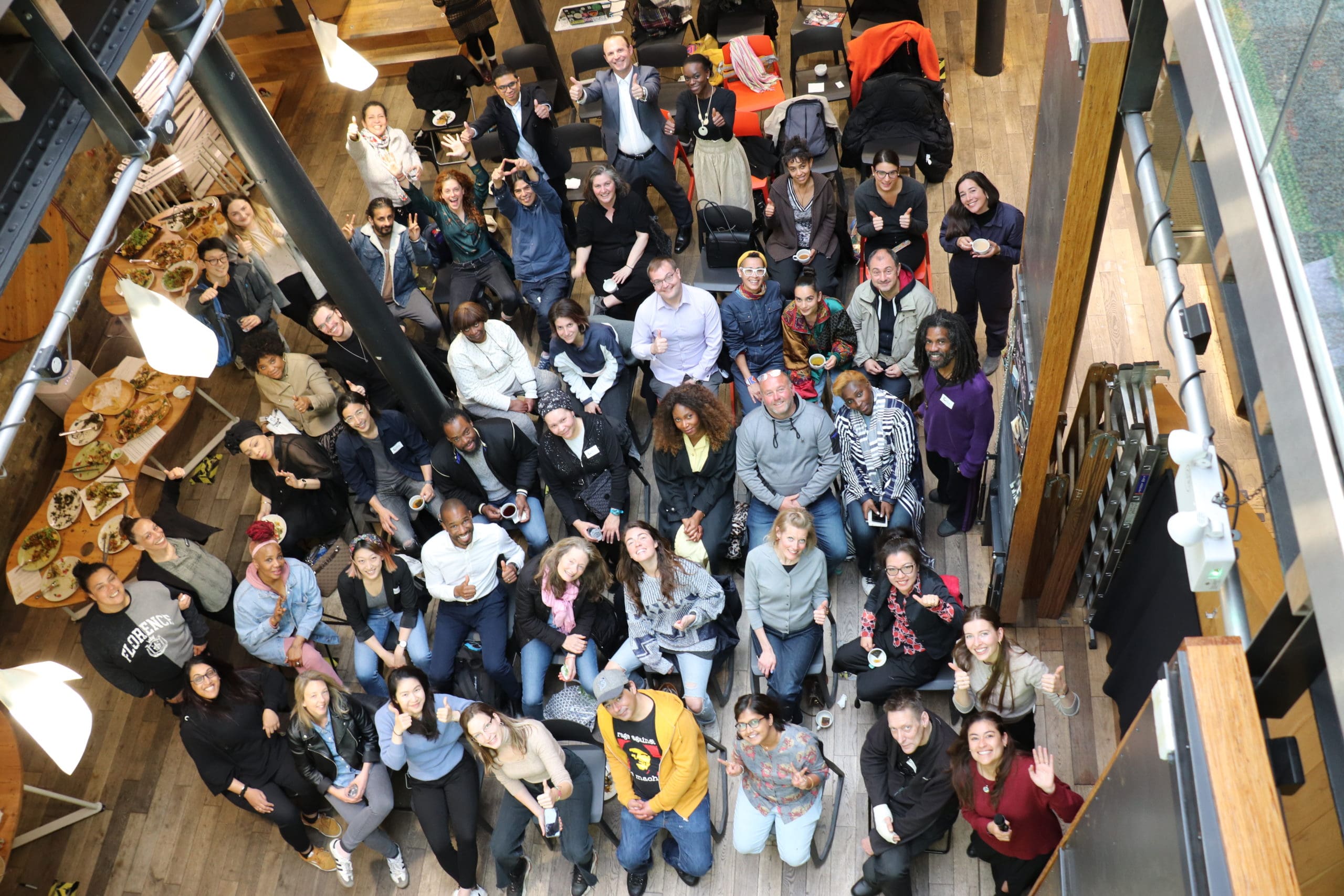

My grandmother used her old clothes to re-make dresses for us as children growing up in West Africa. But today, 1 large truckload of clothes ends in landfills every second. My why is to reduce this environmental pollution catastrophe we need to reuse our textiles/clothing in a more sustainable and ethical way. This can be done by educating the next generation to consume less and gain an understanding of the impact this is having globally.
My business will educate families to reuse their clothing by repairing and re-making creative items that can be gifted or sold.


I am a self-taught pandemic quilter and passionate scraps collector with over 25 years working in Hackney Community Development & Engagement within education, families and community support services, as well as a trained Adult & Family learning facilitator.
Each One, Teach One is a community scrap & quilting studio. In Hackney, most people on low income have limited access to quality upcycling and creative art such as quilting; while also most likely to face fuel poverty and poor housing conditions.
We aim to honour the roots of quilting, which include well-being, community, creativity and upcycling, by supporting people to use problem-solving skills through providing a free, safe, intergenerational studio space where we can learn, train, create, give and sell beautiful & useful quilts. This in turn helps to reduce waste & improve the circularity of resources through collecting scraps, off-cuts, deadstock and donations from local businesses (fashion production), communities and partnerships.
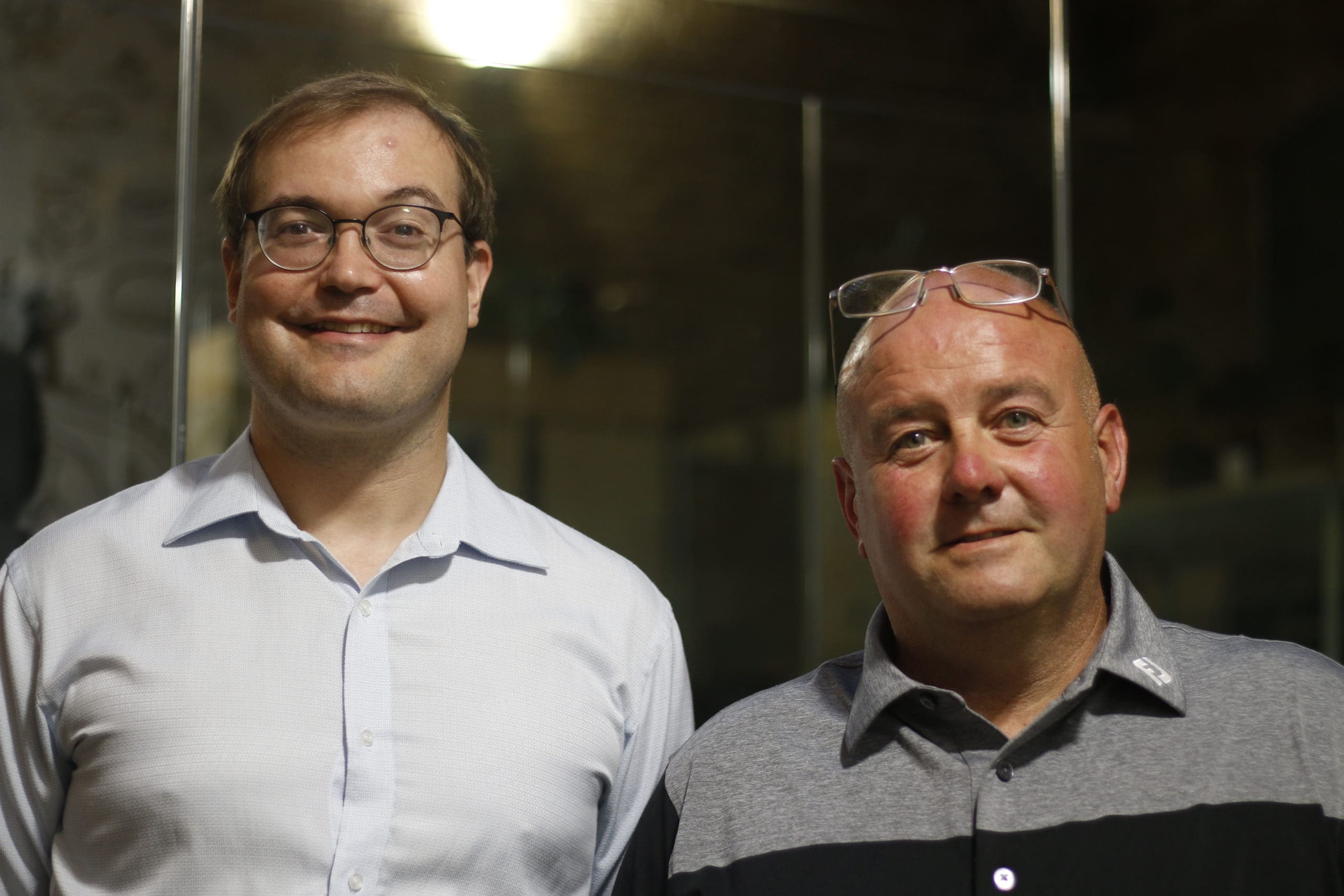

We have developed a revolutionary patent-pending construction system founded on the principles of the circular economy.
It combines cutting-edge digital and distributed manufacturing techniques with the simplicity of a children’s toy, to allow construction at 5 times the speed of traditional methods and mastery of the construction process to be attained within days. It allows the assembly, disassembly, and reassembly of buildings many times, in many configurations, for many purposes – all without generating waste – and therefore opens up new possibilities for construction.
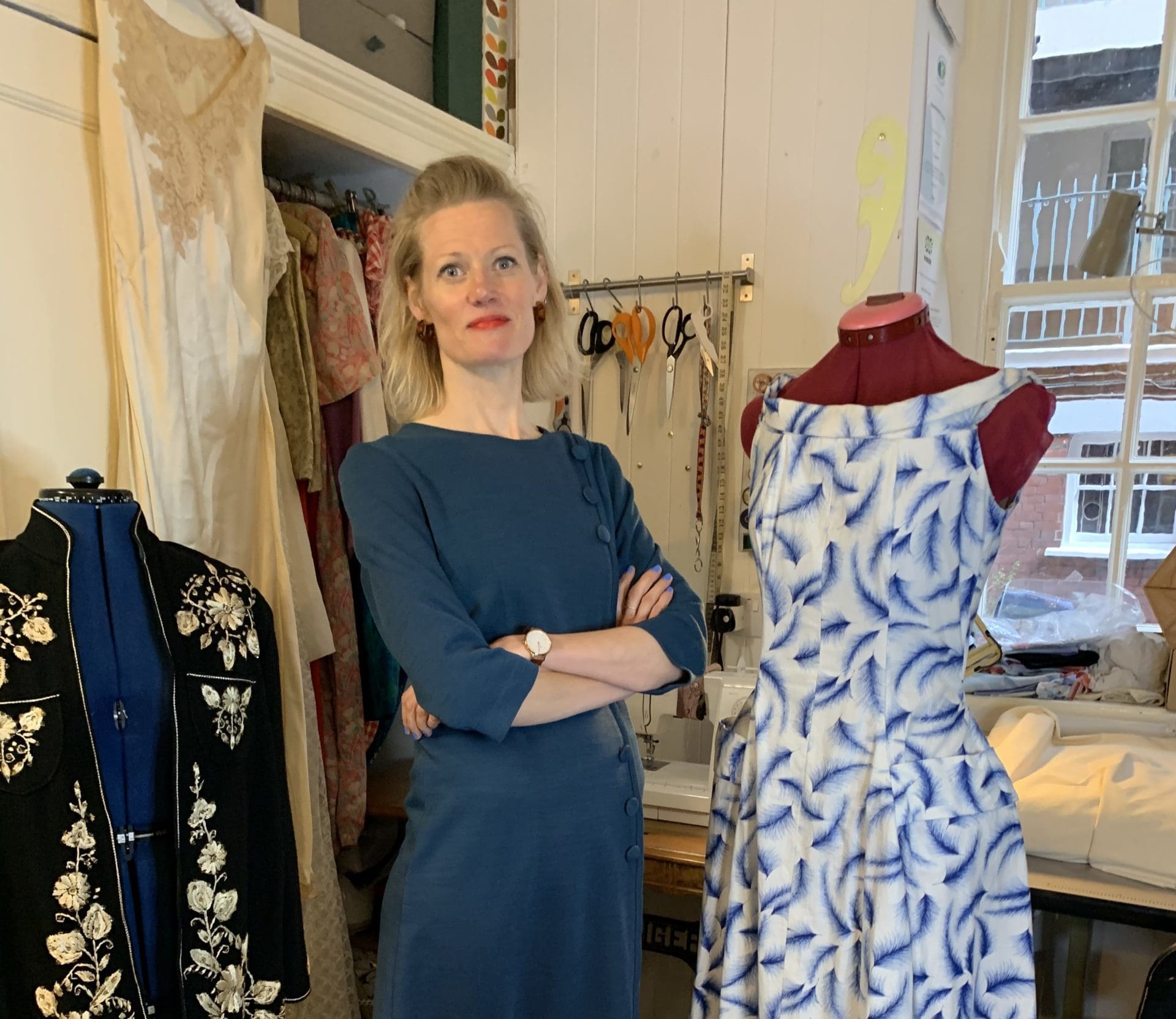

For the past 12 years I have been running Splendid Stitches, a clothing alterations and repair studio in Central London, specialising in vintage.
Post-pandemic I noted a real change in customer attitudes and a lack of availability for customers of sustainable fashion brands being able to get their clothes repaired or altered, with repairs being hard to come by, perceived as expensive and varying in quality. This means the clothes are underutilised, binned unnecessarily, or it is just easier and more convenient to buy new than repair, leading to over consumption and waste.
My solution is to work with clothing brands and retailers to set up and offer in-store repairs and alterations services, making it easy for the end-consumer and offering a new circular revenue generation for the retailer through repairs and upskilling their staff through training and development.
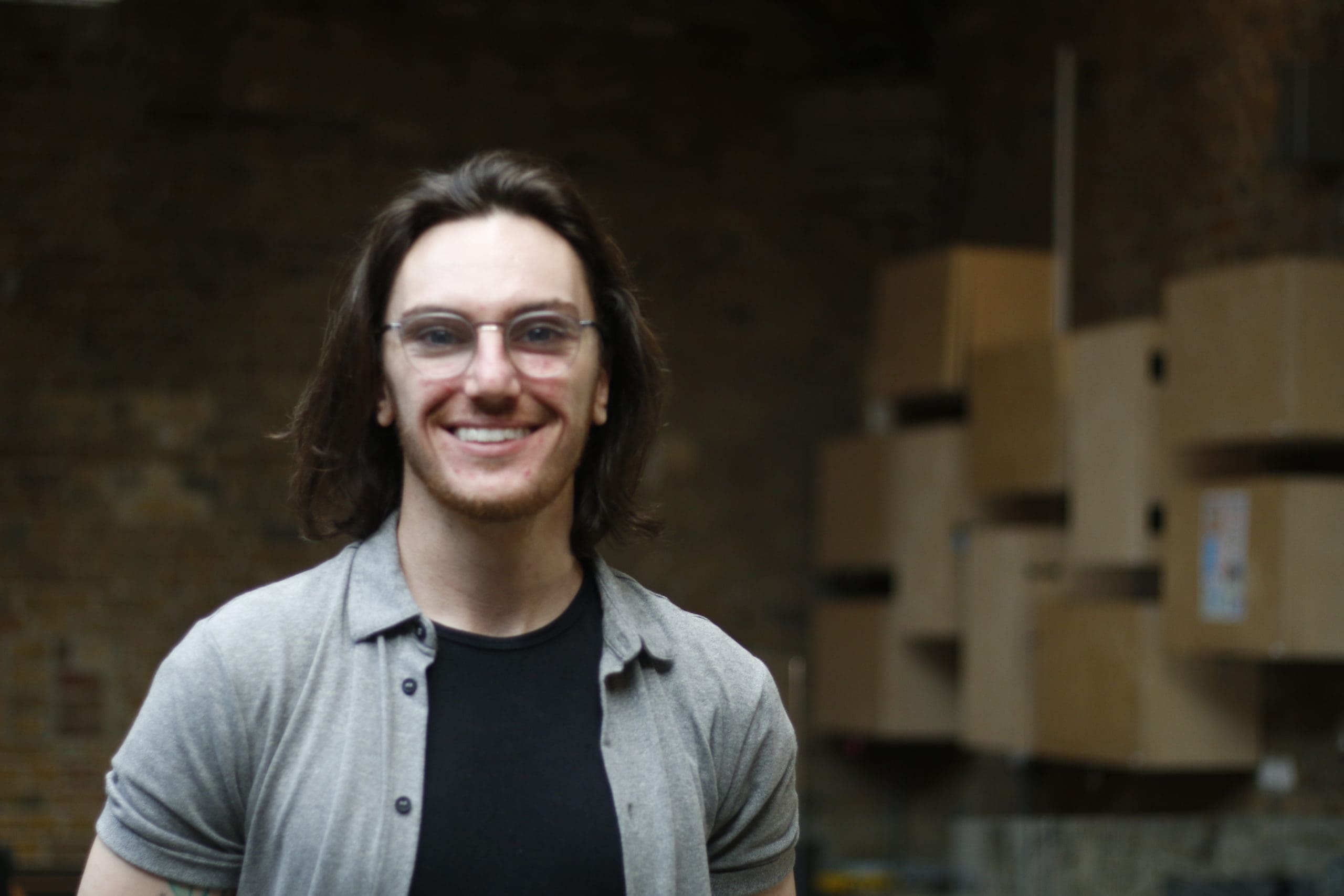

I’m an entrepreneur, knitwear designer, educator and creative enthusiast with experience in business strategy, fashion, advertising and digital content creation.
I have two design-based businesses that explore social action and issues, with focuses on sustainability and LGBTQ+ representation that underpin my brand ethos and personal outlook on life.
Did you know that globally, 66% of Gen-Z and 46% of Millennials shop outside their assigned gender? With this in mind, Insert Self Here [ISH] was created to cater to a growing community of open-minded people. With a focus on the LGBTQ+ community, [ISH] produces a range of quirky, creative sustainable knitwear to combat the lack of gender expression within mainstream fashion.
[ISH] champions inclusivity alongside sustainability, with community development, representation, and sustainable practices through four pillars: sustainable design, manufacturing, marketing and retailing. Brand and policy co-creation, customers featured in advertising campaigns and our district multifunctional packaging set us apart. We’re also eager to reinvest back into the industry and local communities with internships, scholarships, partnerships with charities on local, national and eventually global initiatives on representation and sustainability. So, welcome to [ISH], where we combine creative design with sustainability and gender expression, and where we’re anything but ‘beigeic’.
I’m also a lecturer at the University of West London across a number of creative courses. My passion lies in design and creative experimentation, aiming to expand my own insights and share knowledge and experience with others to help them on their own creative and entrepreneurial journeys.
I’ve been a London resident for the last decade, initially moving from a small town in North East Lincolnshire to study a BA in Fashion & Textiles, but stayed after falling in love with the city, culture and creative expression. I’ve always been a creative individual, but since discovering knitwear my desire to experiment and produce garments really took off.
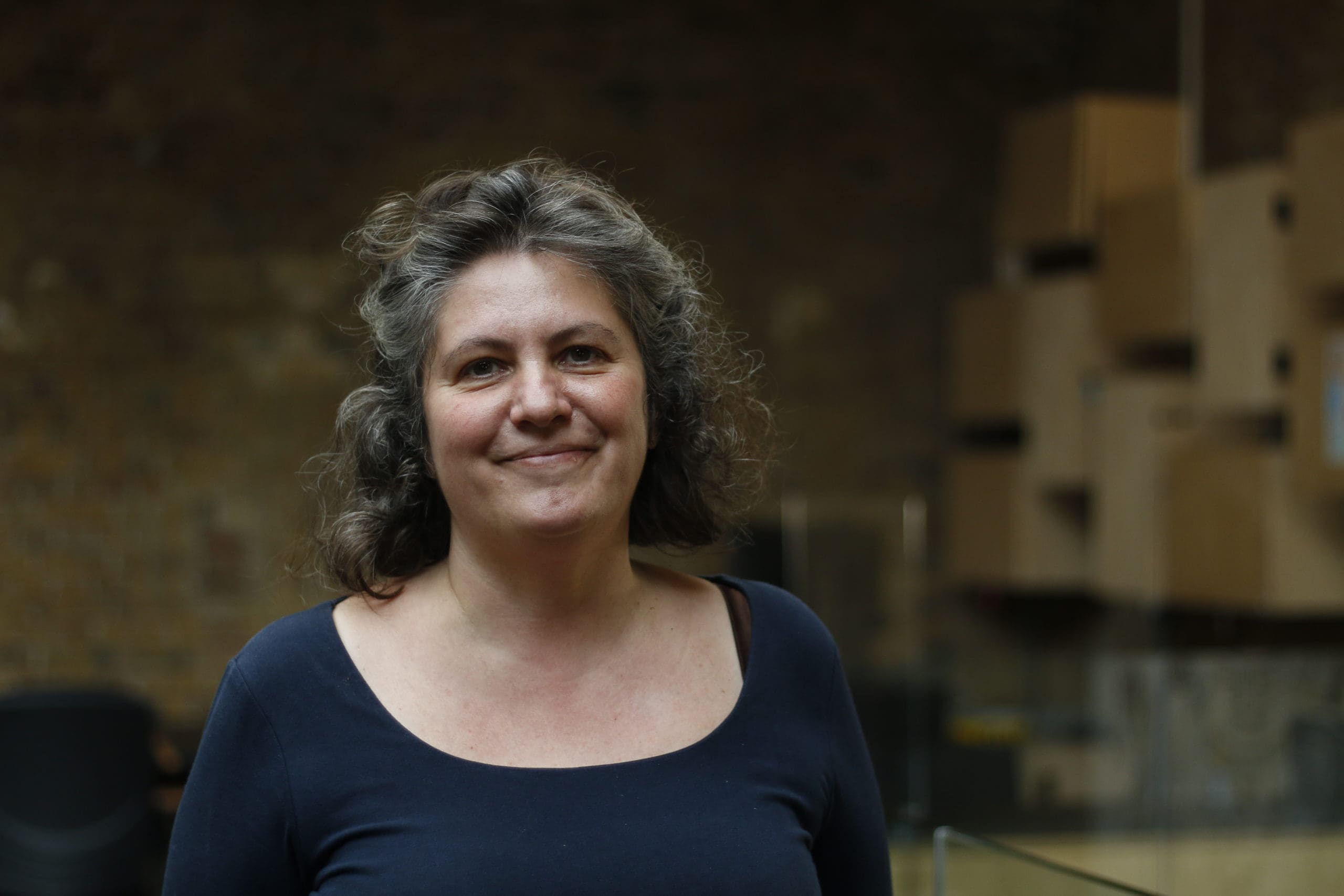

I’m an ex-restaurateur – a chef , recipe developer, restaurant consultant of 15 years and recently a food anthropologist. Poor diet is now the number one cause of death worldwide ahead of smoking – and the UK has among the worst rates of food security in the developed world.
I’m on a mission to set up “Sometimes”: an organic neighbourhood delivery kitchen with a practice informed by socio-cultural and environmental issues that are currently affecting our food system. Sometimes will work with recipes that reflect the neighbourhood it’s based in. It will use the age-old preparations people love to eat and turn them into waste-free and microbiome-boosting recipes sourcing ingredients solely from local independent suppliers.
We’ll use a chunk of the profits to create a platform called ‘You and I eat the same’ – where we can provide the same dishes through a paid forward stigma-free food delivery scheme while enabling residents to support their neighbours on a low income.
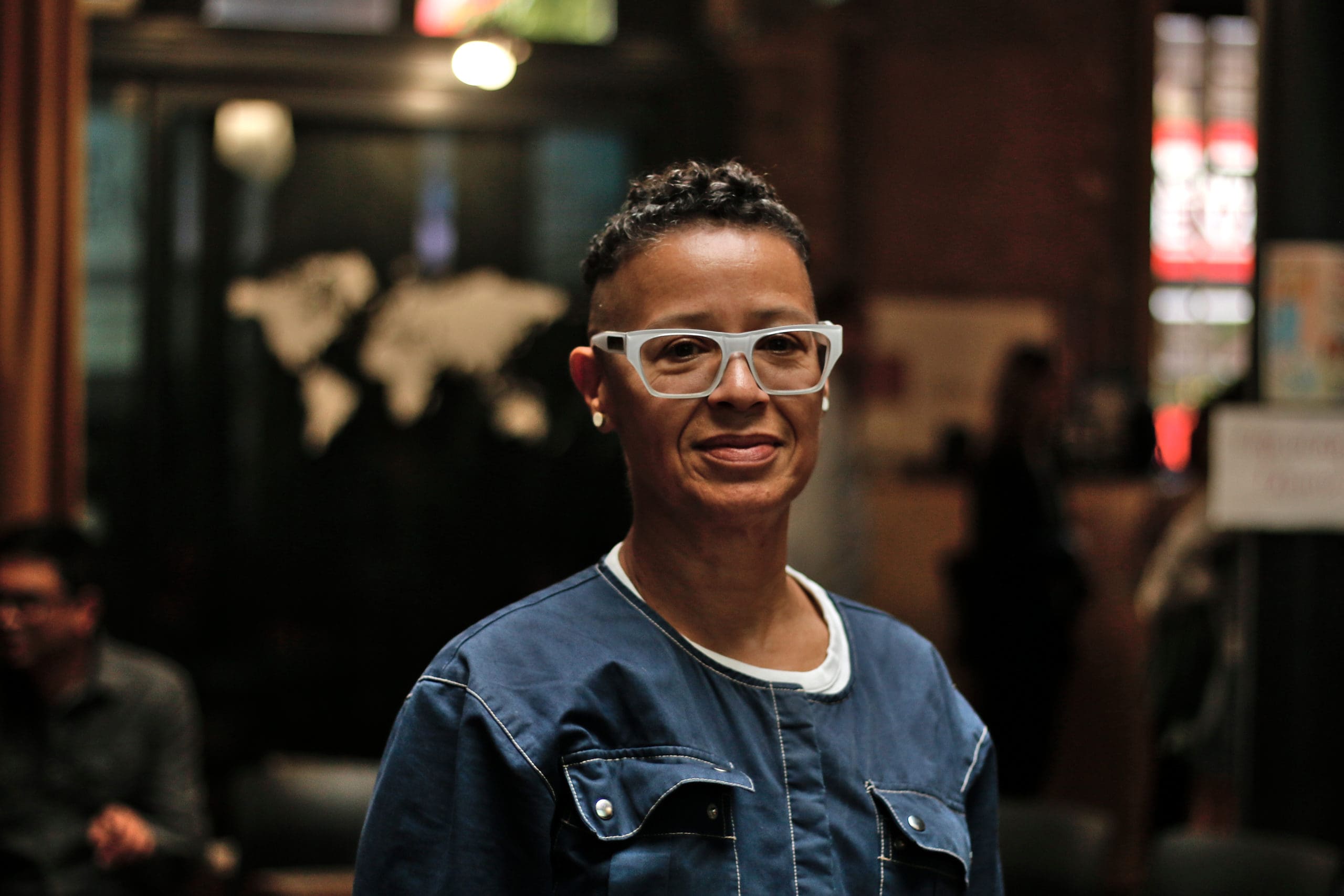

I have a background in community development, most recently specifically around reducing isolation in marginalised communities, where I have recruited, trained and matched volunteers with people who are lonely and/or at risk of isolation. As a dog owner and walker, I have daily opportunities to go outdoors and interact with other people, and I recognise the value of my own physical, mental and emotional health.
My project, Walkies and Talkies, is a dog walking business with the added value of offering opportunities for lonely people who do not own a dog to walk with us and enjoy the benefits of non-judgmental interactions for an hour at a time, hopefully easing the distress of loneliness.
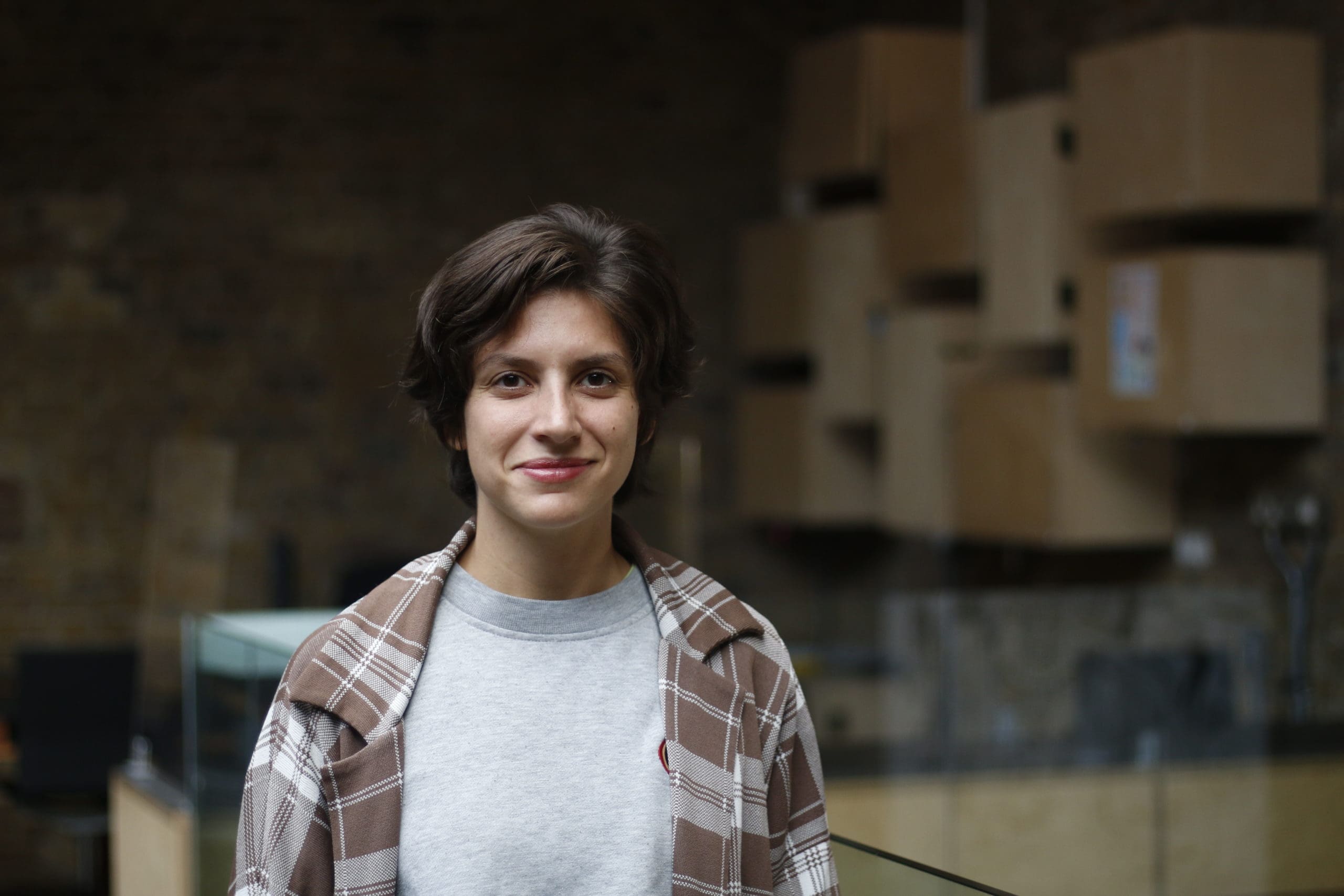

I’m responsible for competency-based training projects on sustainability and eco-entrepreneurship. With expertise in Participative Research, Systems Thinking, Life Cycle Thinking, Creative Innovation, and Facilitation Leadership, my work and studies are focused on Sustainable Development Goal 12: Responsible consumption and production.
I completed my master’s research on behavioural change towards sustainable actions, focusing on universities and circular economy. It’s clear that content at institutions isn’t meeting the demanded skills in the green industry, and this is affecting unemployment amongst young people. In 2020 there was an increase of over 120% in youth unemployment in the UK.
Circular Universities gives students, teachers and local enterprises the needed support and traineeship in green competences. How do we close this gap? Through an interactive community educational hub where beneficiaries get empowered and ready to tackle the challenges of a fast-changing environment in the green industry.
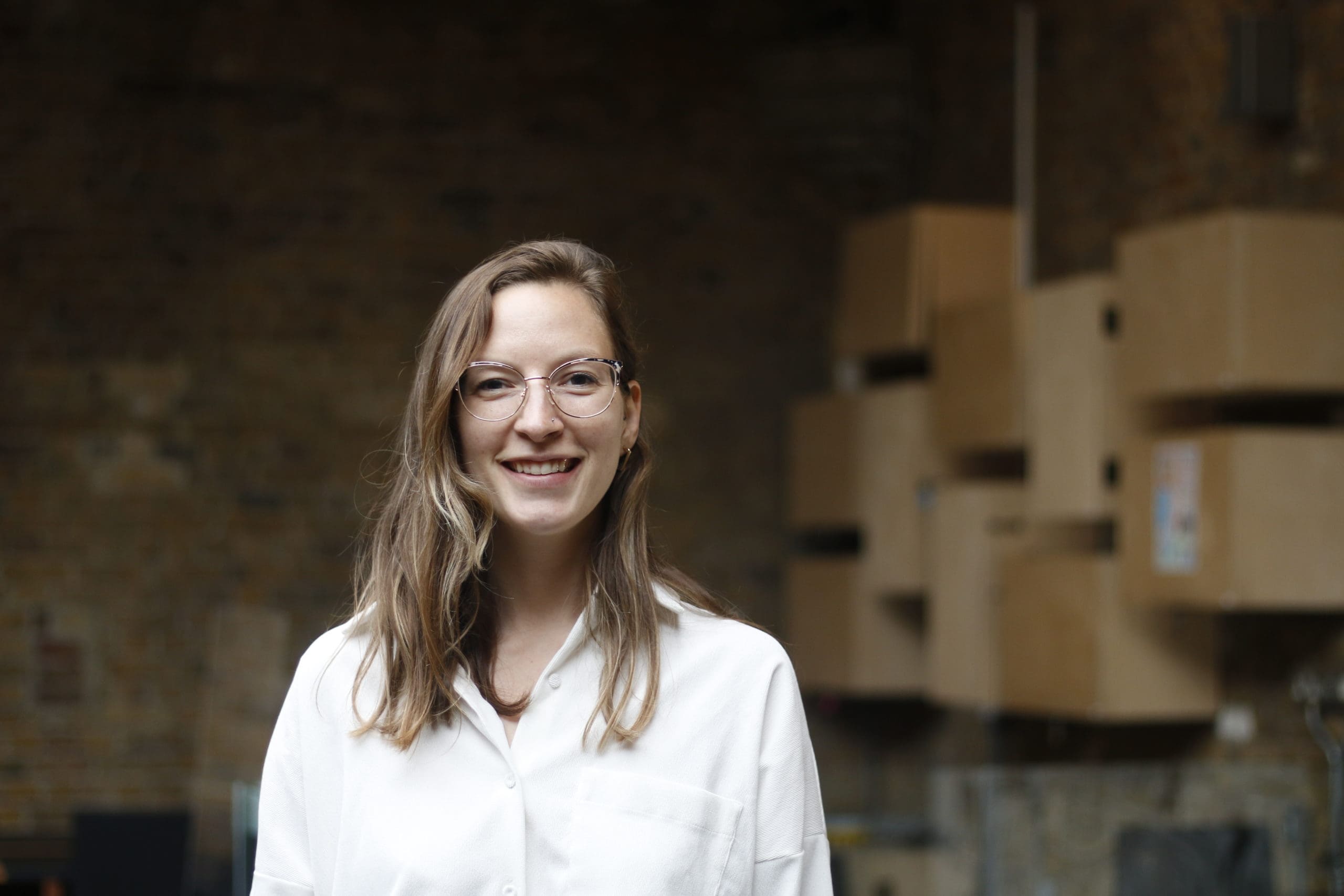

I am Beril, a sales and marketing expert experienced in corporate and technology companies. I am passionate about applying circular economy principles to the human consumption system. I am aware that 1 million tonnes of clothing are thrown out every year in the UK. Of that, 700,000 tonnes are collected for reuse and recycling, with the remainder sent to landfills or incinerated, at an estimated cost of £82m. The second-hand market is expected to grow fast, that’s why I am creating a second-hand platform where the sellers will be influencers and the buyers will be their followers. I am planning to use the power of influencers to boost second-hand purchases in the system
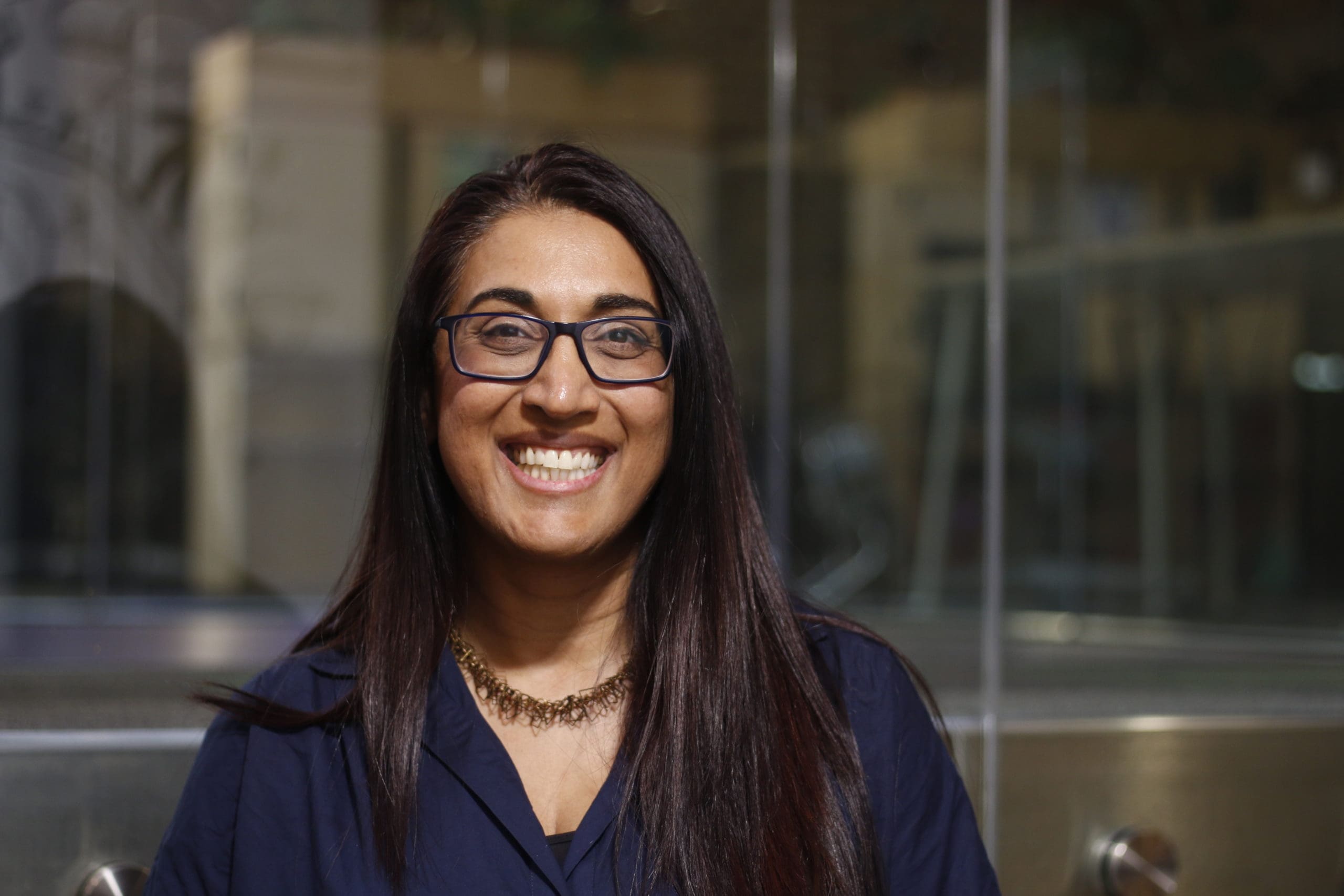

I live and work in Camden and studying locally with a new form of MBA, (a collaboration between a world-leading art school, Central Saint Martins in Kings Cross and business school, Birkbeck in Bloomsbury) with the aim of building new forms of business models that are fit for the future (think degrowth, resource efficiency, regenerative and circular economies fuelled by untapped talent such as neurodivergence).
As the sustainability revolution gathers pace post-COVID and as living costs significantly increase, more and more people recognise the need and opportunity to be more resourceful, efficient and sustainable in their daily lives. Many Camden residents want to be more sustainable in all they do but often don’t know how or feel confused by the jargon and myths. Meanwhile, there are many organisations locally doing great things with sustainability but this usually stays in-house.
My solution is to bring the local council, local businesses and local residents together to create a one-stop shop (virtual platform and pop-up events across the borough) to connect and create a movement (educate/inform/inspire/communicate in creative ways) for more sustainable actions in all that we do at home, at work and as business leaders and develop this movement to localise the SDGs and sustainable behaviours as a pilot for other boroughs and cities to model.
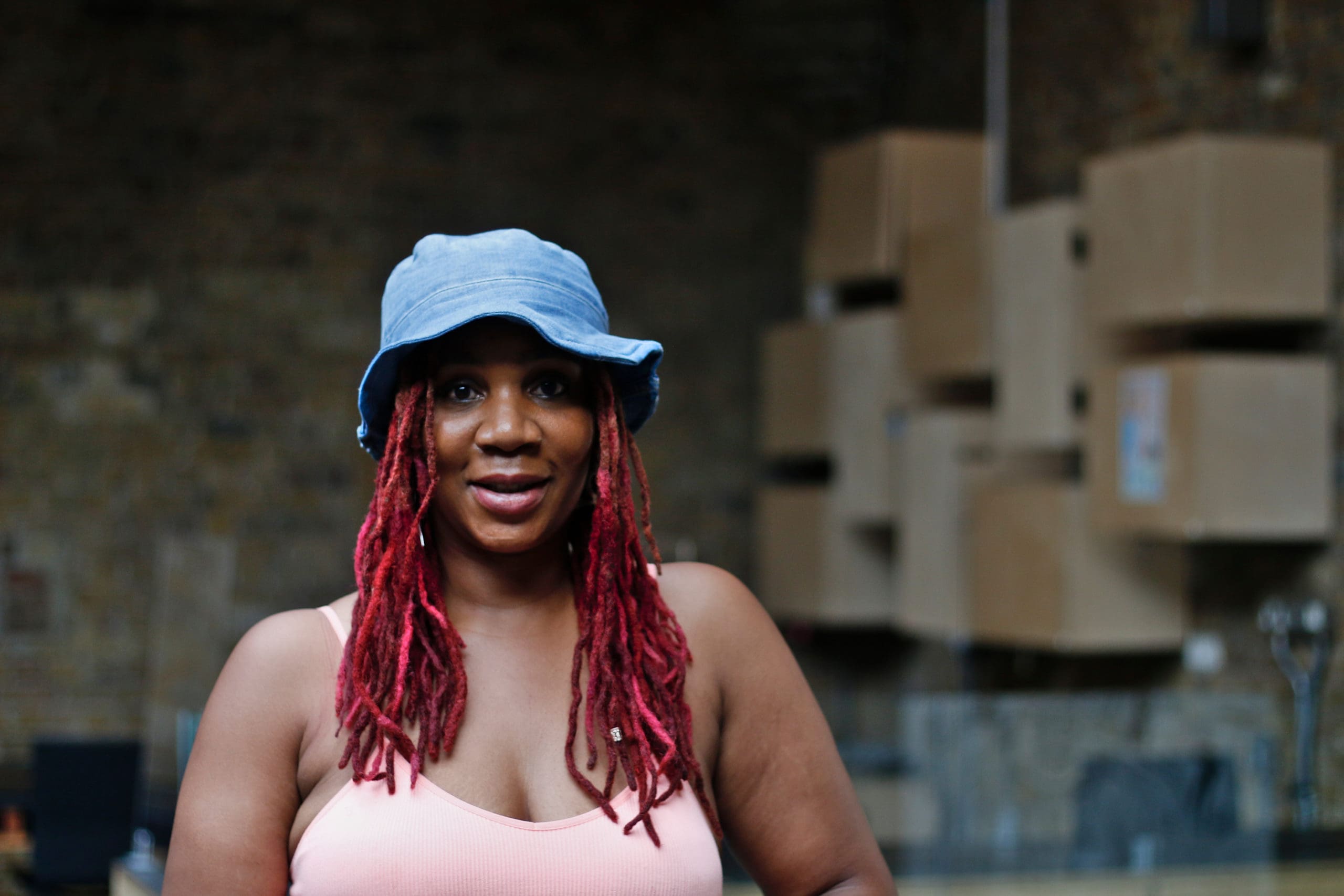

Our aim is to solve a social and environmental problem. Domestic Abuse has been on a steady increase and spiked during the lockdown. We want to help these women, who often experience unemployment, low self-esteem and depression and being overlooked.
Providing them with a safe place and the opportunity to work, learn new skills, volunteer and connect with other women that understand and will not judge them is so valuable to help them rebuild their self-worth and confidence. I believe we can do this whilst also protecting our global ecosystems that will support the health and wellbeing of our communities. Sustainability is all of our responsibility to conserve our resources now and in the future.
Our solution is to provide a mobile community space and meet with the women weekly within their local community. The women will have the ability to purchase low-cost clothing, shoes, bags and accessories that would otherwise go to landfill. They can learn how to repair, reuse and upcycle clothing, gain employment and the opportunity to volunteer. They will also have access to domestic abuse advice and support, discounts and freebies.
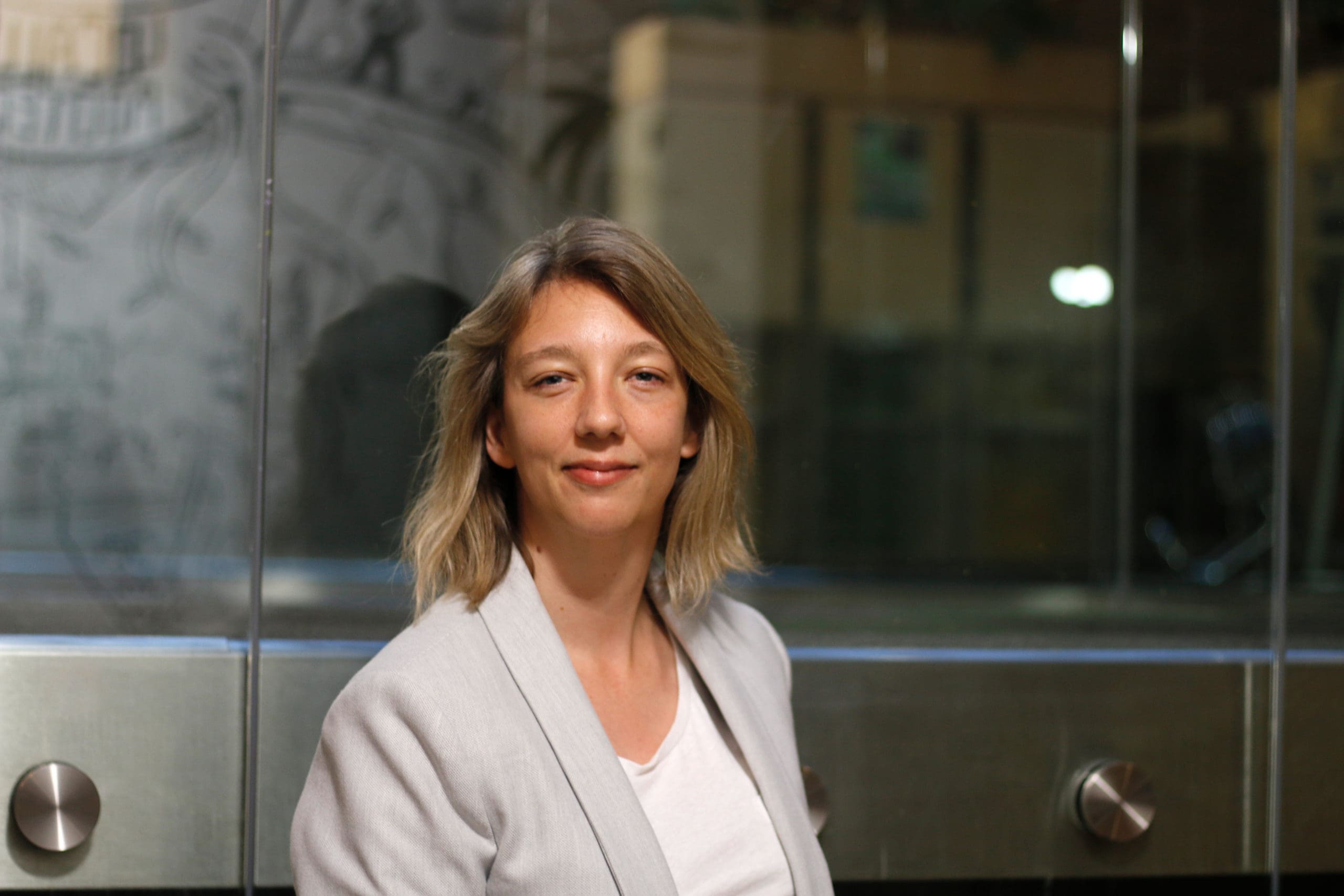

When I first moved to London in 2008, I was welcomed into the lesbian community. Since then, hate crimes have increased, a staggering 58% of LGBTQ+ spaces have been lost, and there is currently only one lesbian bar in all of Soho!
Lily’s Cafe and Bar is an inclusive women-focused queer space where these groups will see themselves represented. As a bar and a cafe, they will be able to sell their own products, and as a space, they will be able to put on events for their communities and amazing allies. A circular economic system will be at the heart of the business through promoting reusable cups, sourcing food from local farmers and bakers, and composting food waste, and we will support events such as bicycle repair workshops, and clothing and electrical swapshops.
I wish to give back to my community by building a sense of identity through place and people, and, by following a circular economy, we will be contributing to a better future for our planet.
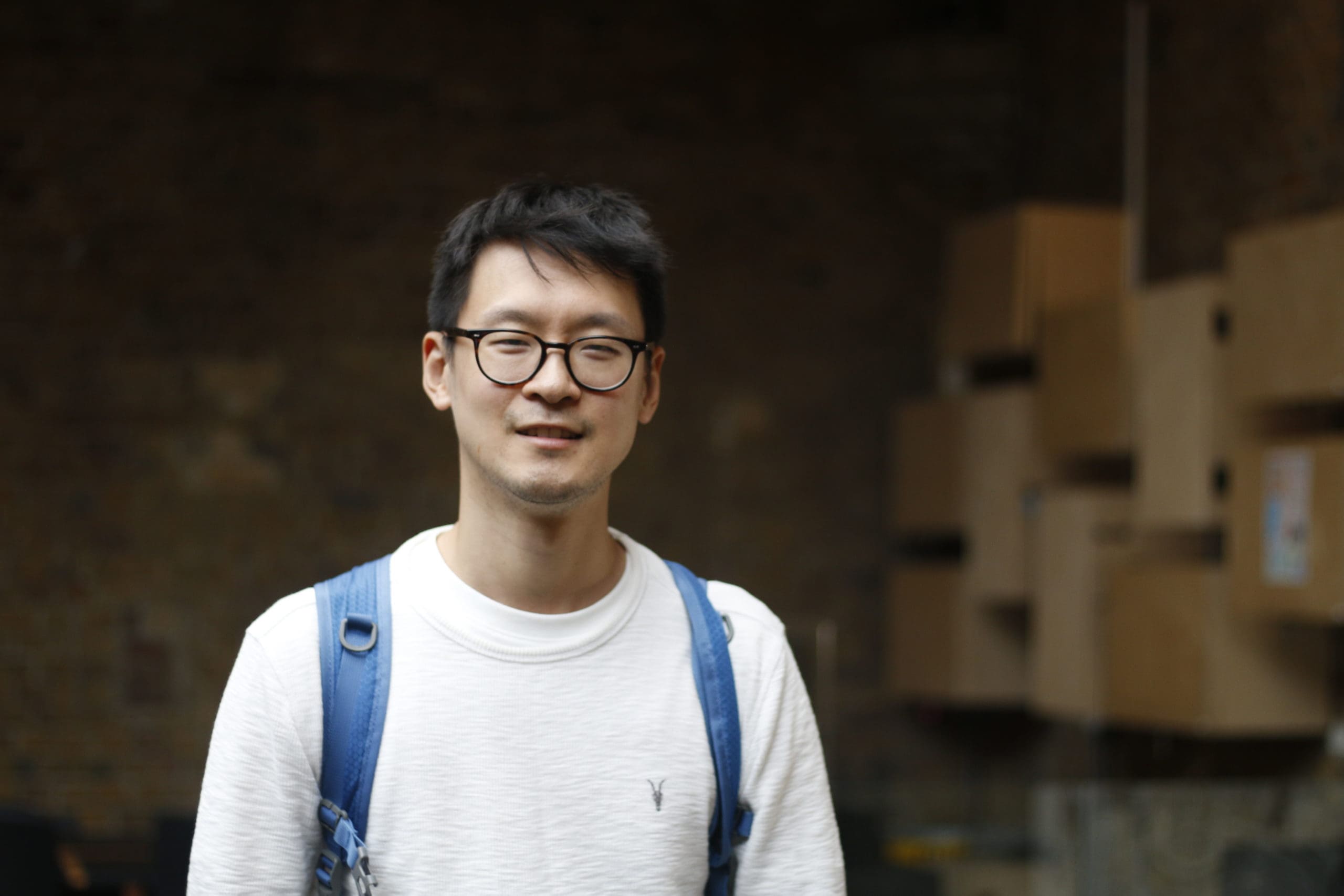

My business idea is a decluttering service for Londoners that encourages sustainable decluttering in line with circular economy principles. From my market research, there seems to be an increasing desire for this kind of service (e.g. recycle, upcycle, repair, donate), but it tends to add further complexity to a process that is already difficult, stressful and time-consuming for many people. For this reason, many people will not attempt to declutter in a sustainable way, and this may also prevent them from decluttering at all.
The solution will provide a clear structure for a sustainable decluttering process, will connect users to local businesses who can assist, and provide financial incentives to users. There are two potential arms to the business – digital (e.g. an app) or physical (e.g. a consultancy or bin and collection service), and more research/trialing is needed to determine which direction the business will take.
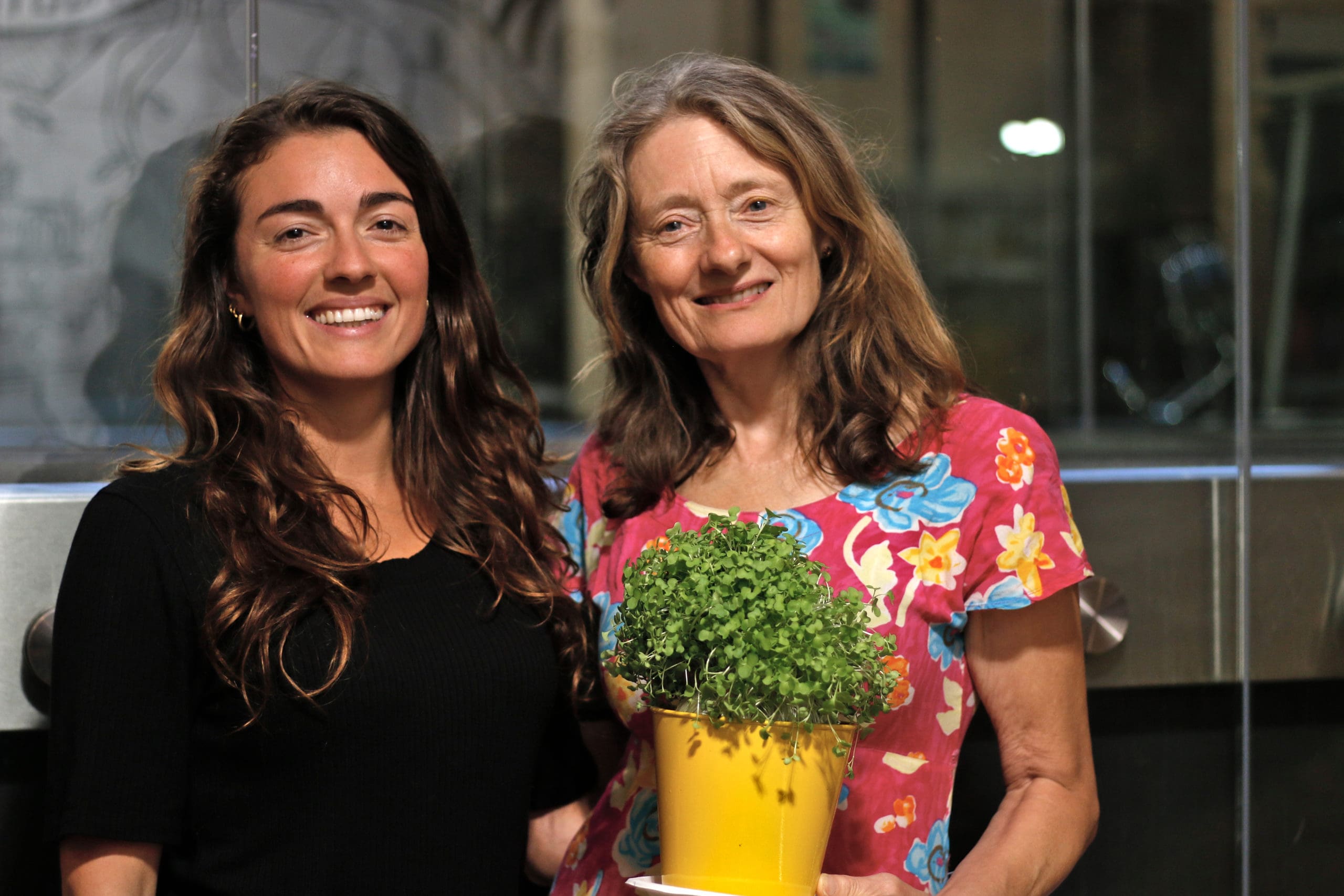

Many children and adults eat food that is lacking in essential nutrients and also contributes to unnecessarily high food GHG emissions.
Microgreens tackle both problems by providing high nutrient, hyper-locally grown, no waste, chemical-free food. In addition to growing, we also want to provide practical workshops to schools and communities on nutrition and growing their own microgreens at home with their families.
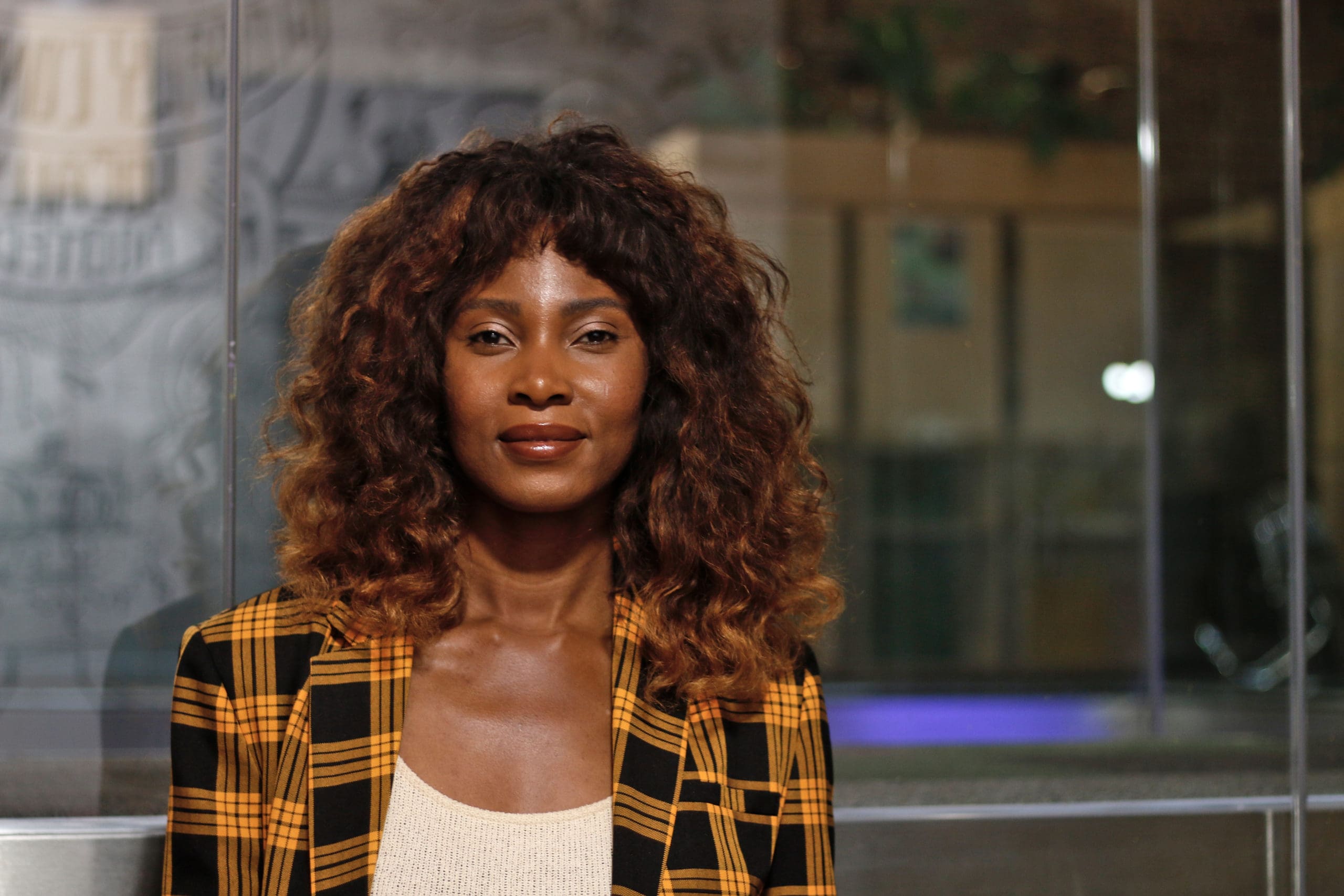

I have been working in the fashion industry for over 13 years. The experience has shown me that behind every garment is a story, a person that brings to life ideas and those that make it a reality. However, according to an OR Foundation report from 2022, some 15 million used garments get shipped each week from places such as the UK, USA and Canada to countries like Ghana. Unsold clothing from charities gets picked up from rag collectors and ends up in landfills.
As a solution, we created a learning platform to demystify the garment-making process. We will train and support aspiring makers through apprenticeship schemes with our partner alteration/tailoring shops. Customers will be able to book their items to be repaired/made, learn self DIY and appreciate craftmanship again through their maker.
We are creating a community full of makers to be united in the mission to prevent clothing from going into landfills.
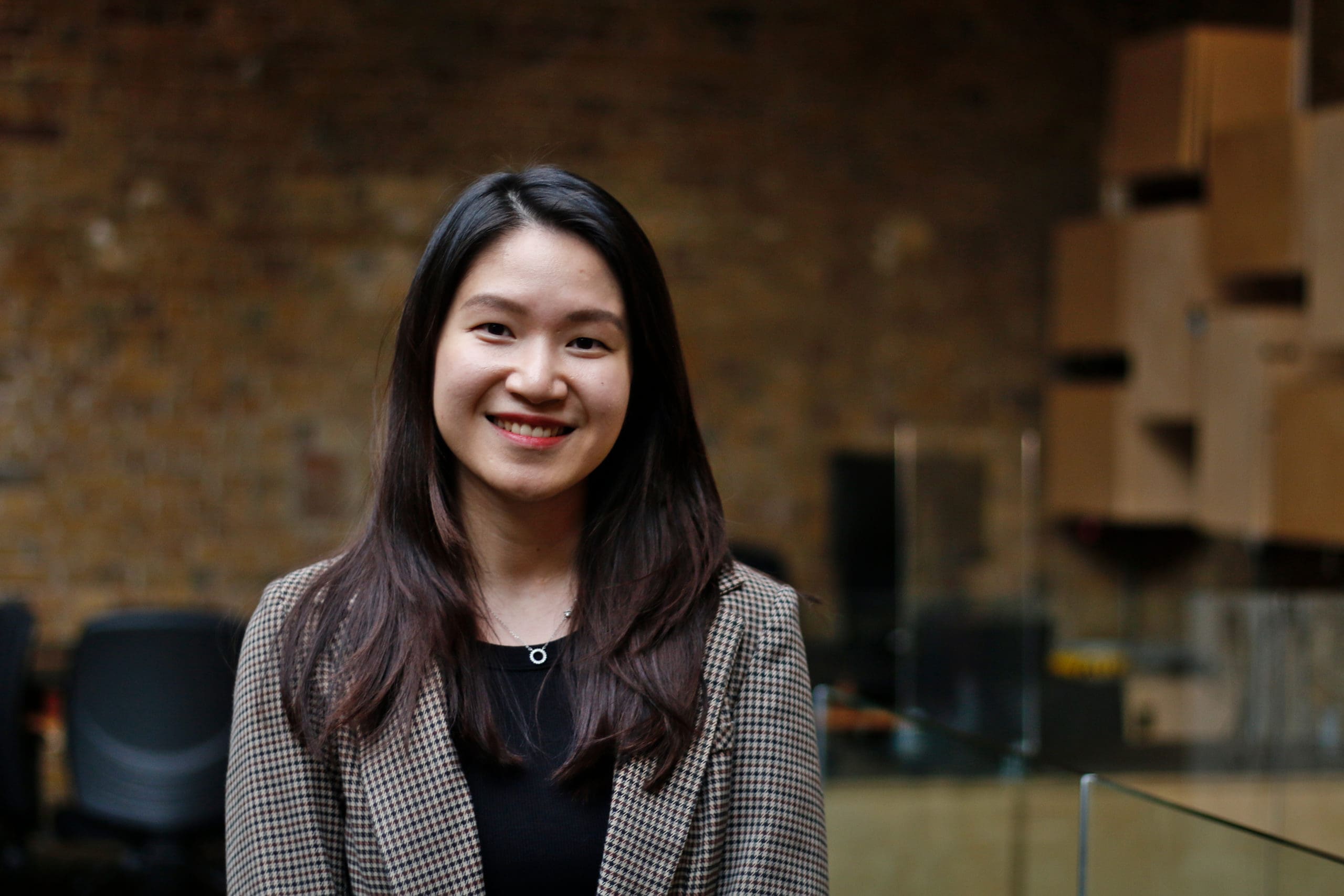

I am Maya and I am currently a software engineer. With all the extreme environmental events that have taken place over the past few years, I became more concerned and am motivated to make a difference.
Every year in the UK, 350.000 tonnes of still wearable clothing goes to landfill. Whilst charity donation and reselling unwanted clothes remain popular options, many people, especially working professionals with busy lifestyles don’t have time to dispose of their clothes properly and are not aware of where their clothes end up after disposing or donating.
Twisted was found to offer a convenient solution to give unwanted clothes another life. It is a service that collects clothes and upcycle them into unique household items such as floor mats, pillows or home decor items. We then either resell them to their owners at a cheaper price or to new owners. Twisted’s customers will get small rewards when giving away their unwanted clothes and be informed of how their clothes are recycled.
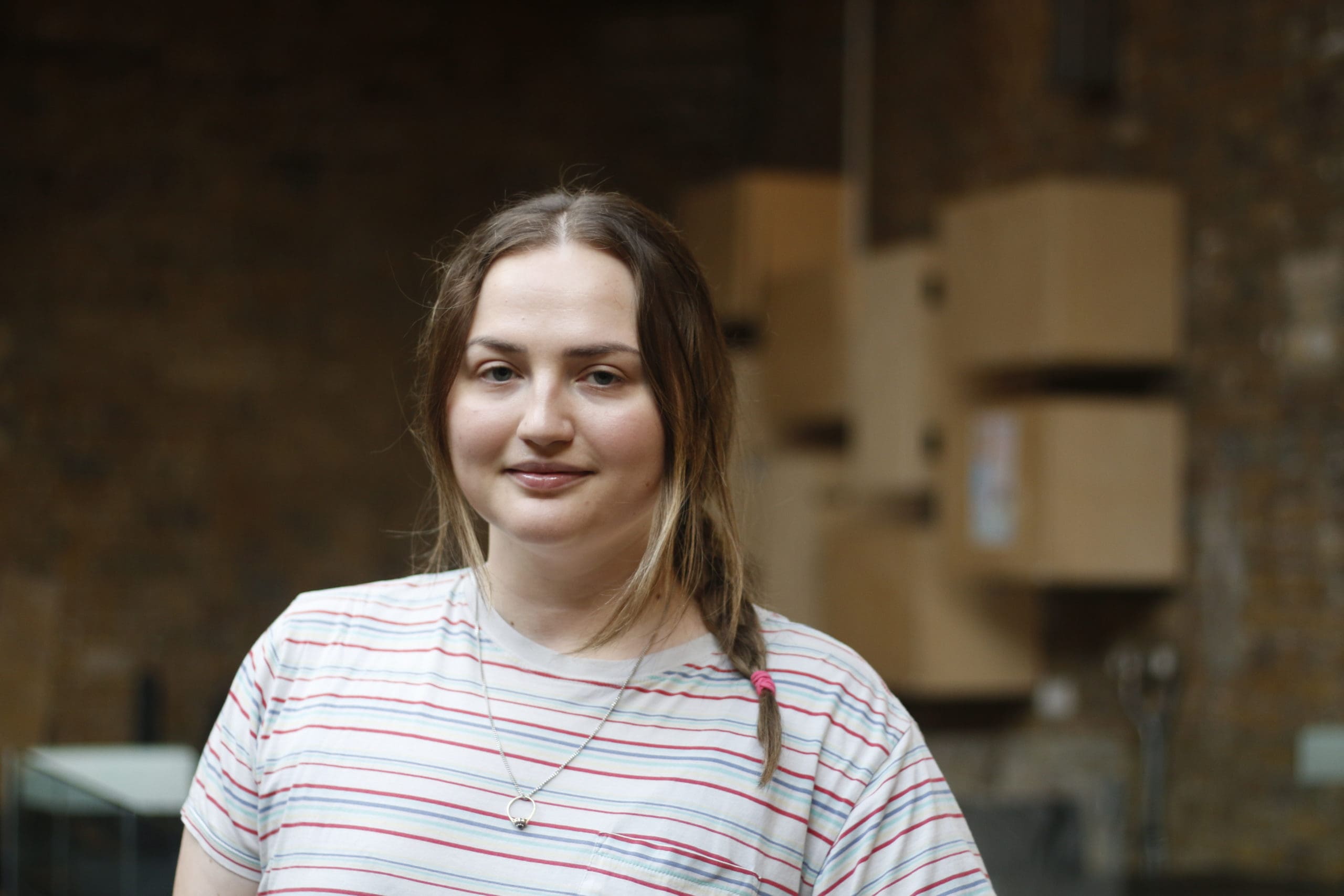

I’m an energy industry professional by day, but my passion lies in my climate activism. Community sites in Croydon are affected by the problem of lack of access to cheap, locally generated renewable energy. The impact of this is many sites are suffering with high energy bills and risk going out of business, whilst being locked into non-green energy suppliers.
Our solution is to use the community energy model to provide energy generation projects in Croydon and invest profits back into the community to help alleviate fuel poverty.
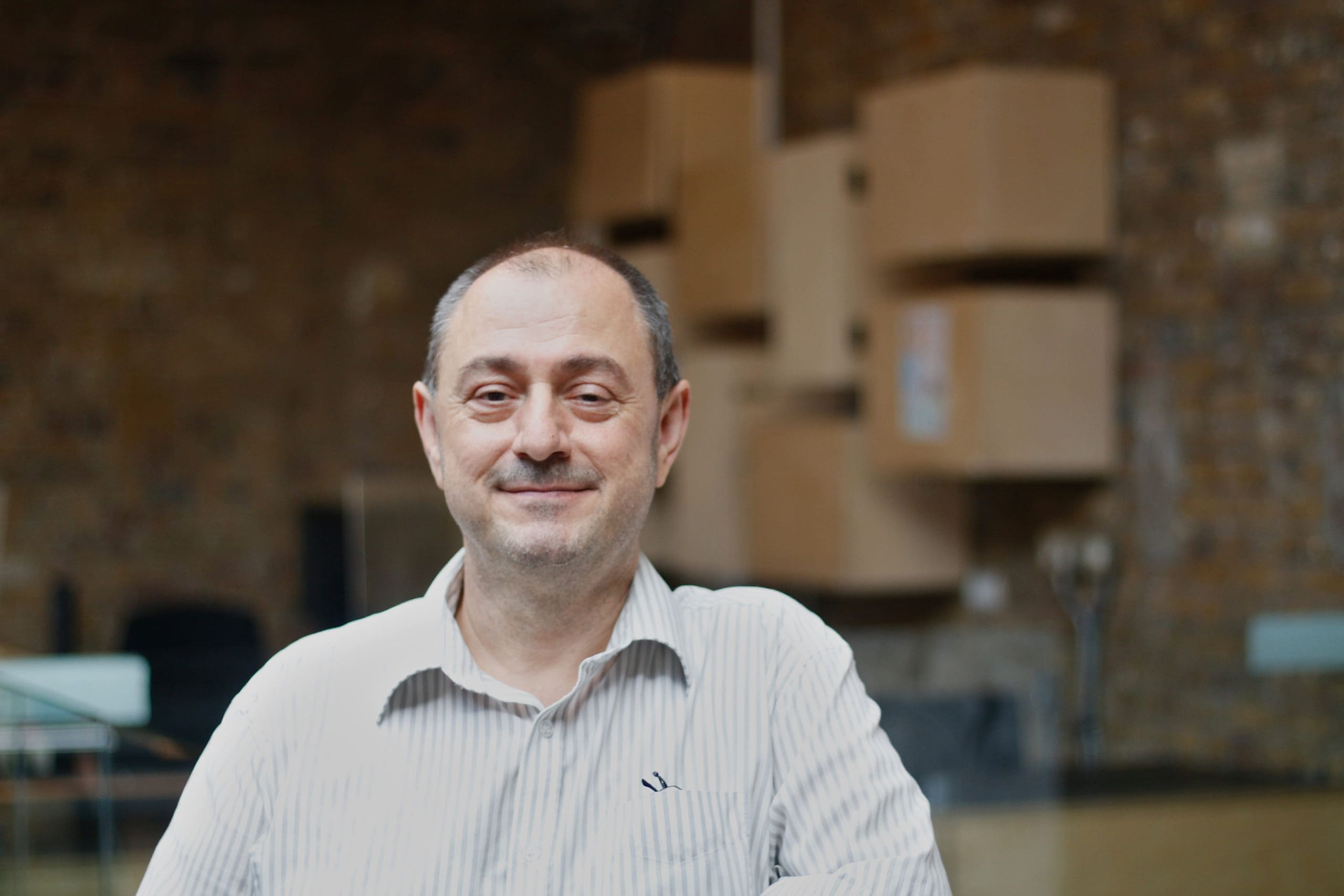

I am passionate about trying to protect the earth, that’s why I have renewable energy technology on my roof.
With my engineering analytical background in the aerospace industry, I want to come up with a new solar PV thermal panel that will be more efficient, affordable, adaptable and retrofit able, thus giving the consumer even better choice for their energy solutions.
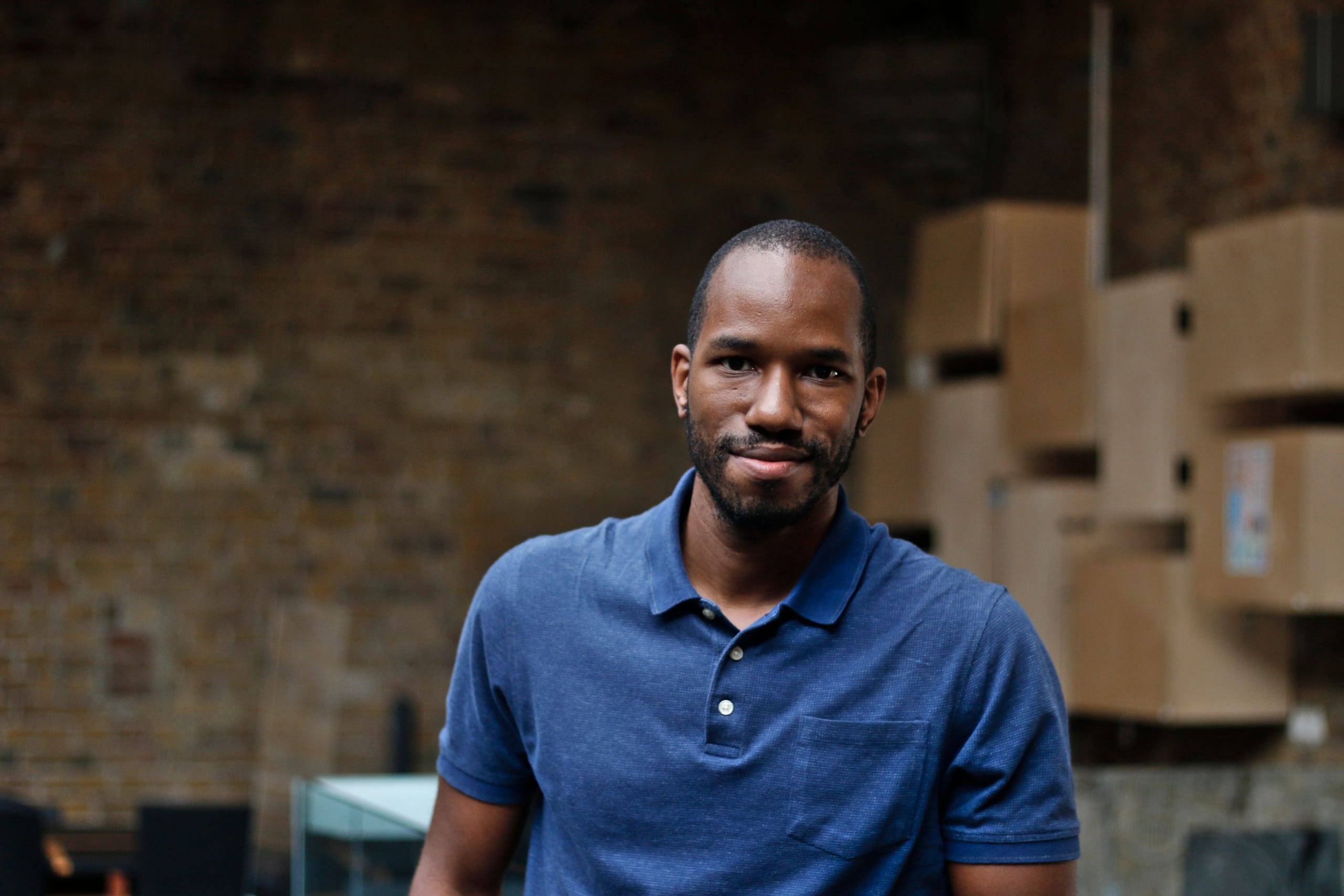

I’ve devoted the last 15 years supporting people affected by crime and efforts to support peoples’ rehabilitation of serving time in custody. People leaving prison face many difficulties finding work. At present only 17% of prison leavers are in PAYE employment after a year on the outside.
Our solution is to offer prison leavers flexible employment in our eBay store selling printer cartridges that businesses no longer need; with the profits funding a range of resettlement-focused grants that specifically help people find work and rebuild their lives. We want to see an end to wasted printer cartridges and the wasted potential of people leaving prison.
I am passionate about improving outcomes for prison leavers and you can learn a lot more about my work via my daily posts on my LinkedIn Page. I am recently married with one son and an avid fan of basketball and Stevie Wonder.
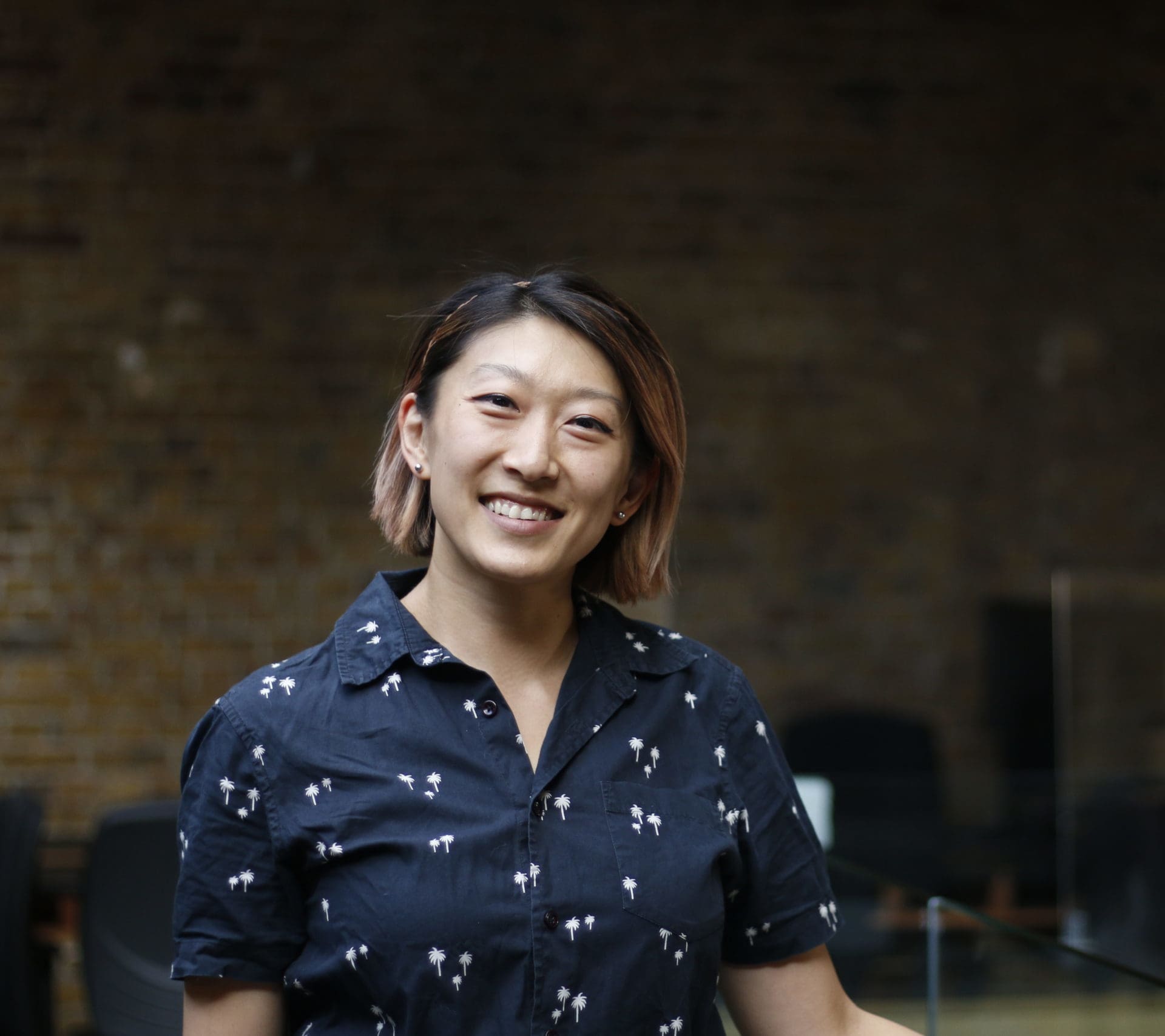

I’m from the US and I love connecting with people over games and activities.
Picnic Scout is a rental business that offers lawn games for hire inside London parks. This is a new hospitality concept that enhances our greenspaces with wholesome, low-impact activities that boost mental and physical health.
By highlighting convenience and quality, we offer busy Londoners fun ways to enjoy their precious leisure time while encouraging mindful spending on experiences over ownership.
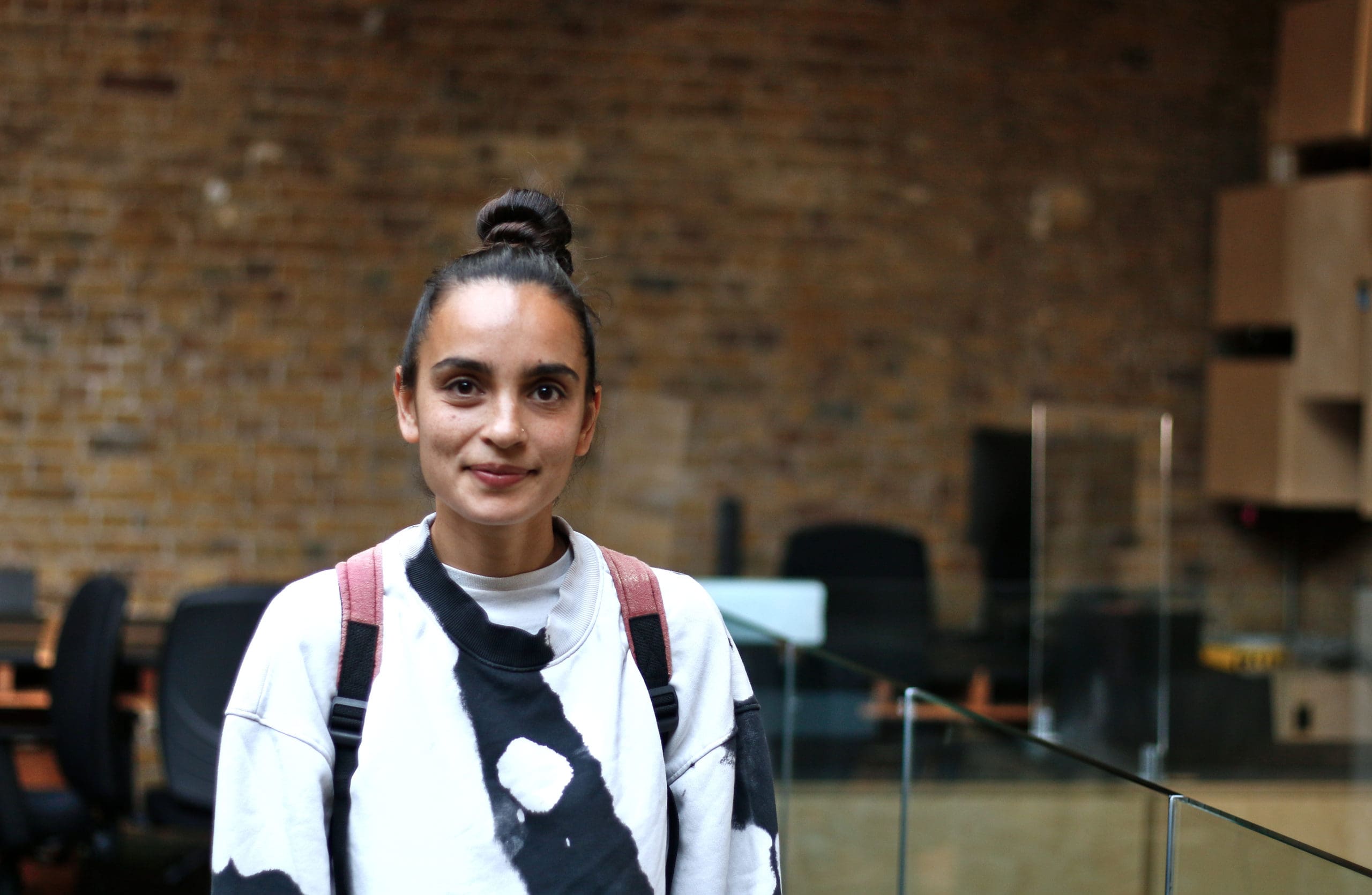

I want to make some meaningful change towards helping to heal our planet, and by doing so I also strive to become a good role model for my 1-year-old daughter.
Fast fashion is a major problem for the environment and is the second most polluting industry after oil. The second-hand clothing market is growing which is great news, though people in London do not currently have many options to recycle clothes that are too old, worn or undesirable to sell second-hand, so these clothes end up going into landfill in huge volumes. Also, a large proportion of trashed clothes get sent to Ghana where they are mixed in with clothes that are purchased by local tradespeople. The impact of this is that landfills get overfilled and so the clothes there are then incinerated which release harmful gases and toxins into the atmosphere, and the tradespeople end up spending their money on clothes that are rubbish and of no value to them, which puts them out of pocket.
Our solution is to collect these trash clothes that would otherwise get discarded, sort them and cut out the good parts and make them into new smart casual wear to sell and be worn again, saving clothing from landfill.
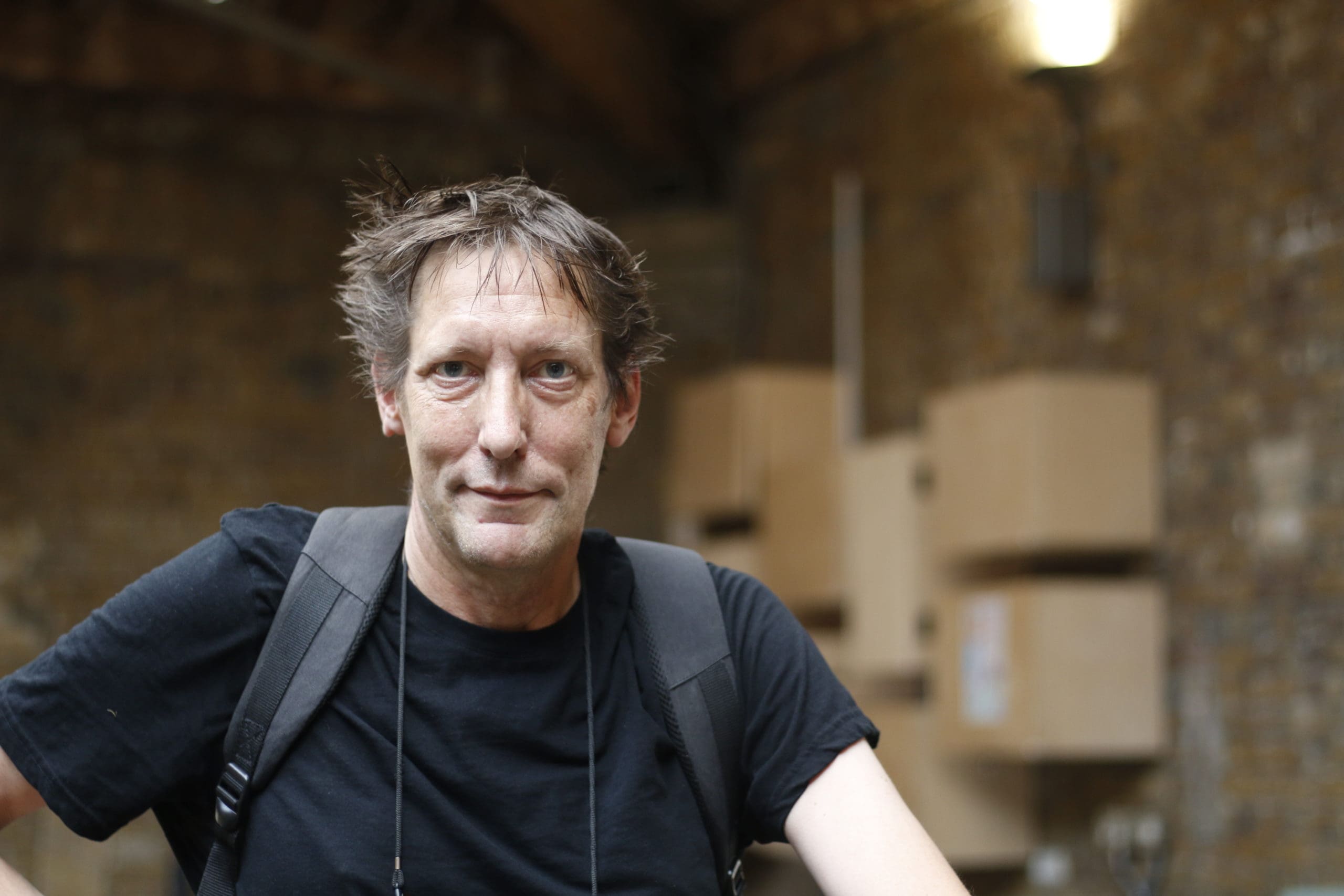
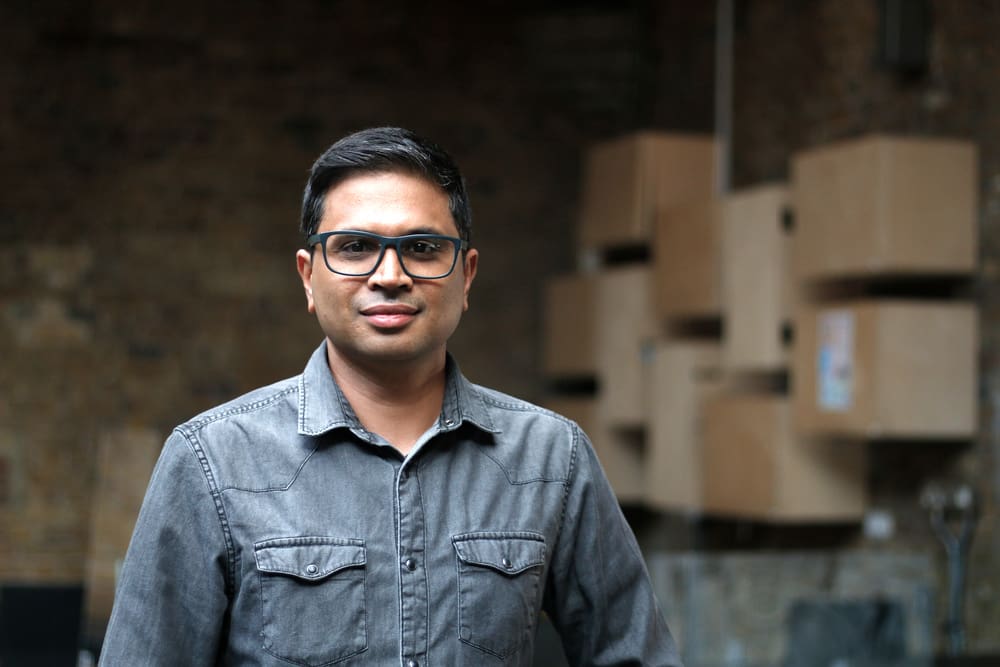

Making a career change, I’m committed to the resources sector and I have taken a mission to circulate products and materials at their highest value, underpinned by data analysis.
Faulty electrical and electronic items are usually discarded as they are difficult and expensive to repair. The impact is environmental pollution and fewer products available in the secondary market for re-use.
The Next Life project aims to collect repairable items from households, retailers, charities, waste management companies etc. and repair those items locally using local talents. The plan is to train people locally for repair jobs, especially those who are socially disadvantaged. The repaired items will be sold locally and surplus items sold country-wide.
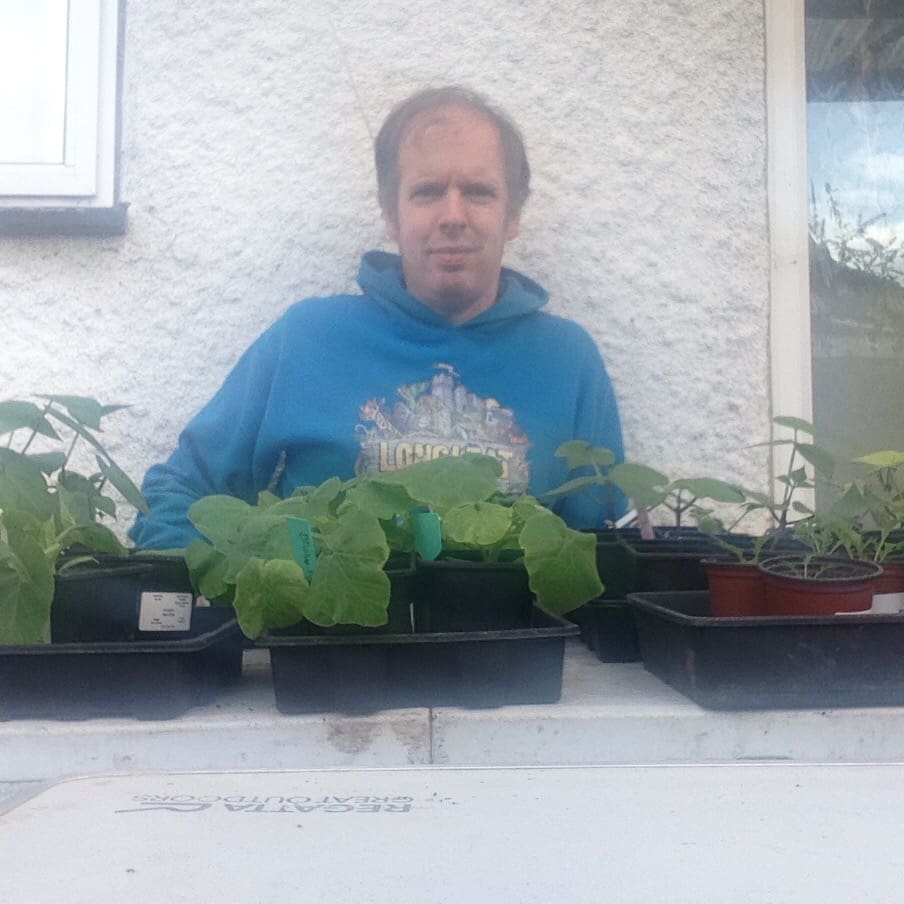

I am passionate about growing food, reusing/recycling garden waste. I would love to bring to Dagenham the experience I had at Organiclea, that of seeing them work with the local authority/organisations to increase land access and educate the local community, in food growing recycling garden waste with the least effect on the landscape and environment.
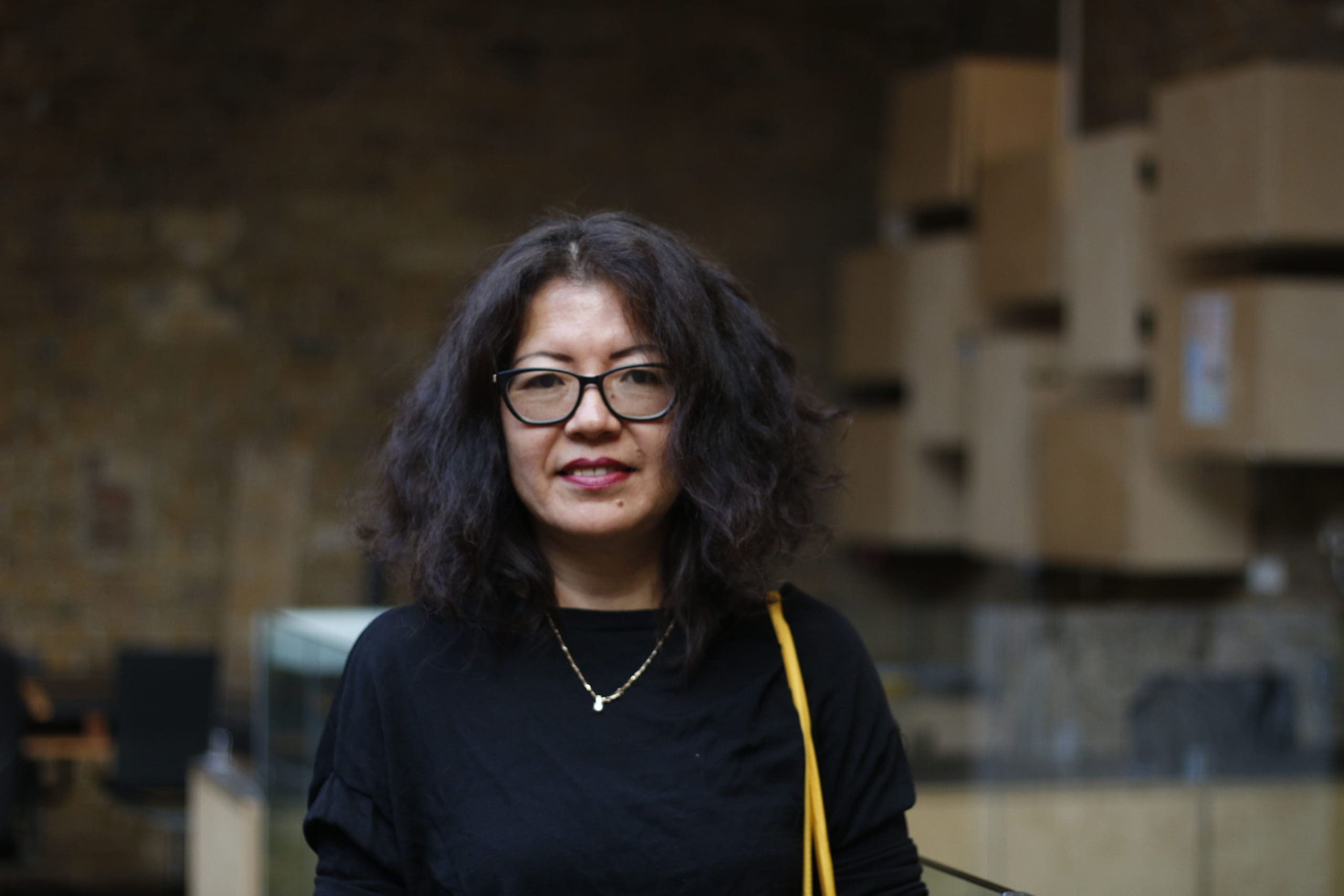

I have been working closely with local schools and families with school children since 2013 when I started an OFSTED registered after-school club.
I noticed two major problems. One is the lack of flexible part-time jobs. The other is the amount of plastic and resource wasted in educational settings. There is a huge gap between environmental policies and actual practice at schools, companies and homes.
The core of the problem is the lack of hands-on education and practice to teach children how to be sustainable. My vision is to create a space for young people aged 8-18 to gain life skills/life hacks in bite sizes in a welcoming environment.
There is a huge gap between the concept of sustainability and the actual practice at home, schools, and businesses. We all know it in our heads, but do not practise it enough. This is because there is a lack of opportunities for young people to grow into a 6Rs mindset and have hands-on practice to gain skills. My solution is to offer a series of workshops to raise awareness of re-think, refuse and reduce before buying and to teach how to repair, reuse and recycle before throwing out.
6Rs App is a platform to introduce other businesses and organisations that are proactive in the circular economy.
